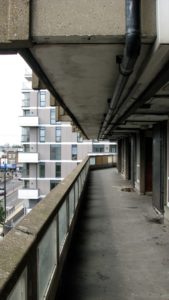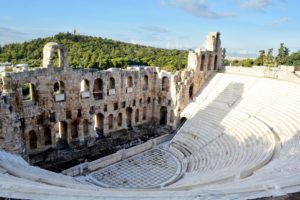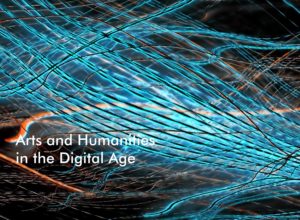Scholarly Editing Unpacked

17 November 2017, 10.30-18.30, followed by drinks reception
Keynes room (114) Birkbeck, University of London
While most of us acknowledge that scholarly editing underpins a wide range of our literary research many of us know very little about its processes. Editing can seem arcane, and something that happens only in specialist domains. The environments in which editing takes place, however, are quickly changing. Digital innovation is transforming text and object, making questions of textual manipulation and presentation newly urgent.
This day-long workshop brings together leading scholars to explore why editing matters and to exchange and develop practical advice and experience. It will challenge preconceptions of the relative unimportance or invisibility of scholarly editorial skills, and will equip its delegates with nomenclature and a roadmap for navigating the field.
Whether you are embarking on an editorial project, harbouring thoughts of doing so in the future, or are simply keen to know more – and to know more accurately – about the literary objects you study this workshop will be of value and use.
Bursaries are available for students at CHASE institutions.
On the Social in Architecture
24 November, 9 March & 21 June
ICA, London
These three CHASE training days, co-organised by the Institute of Contemporary Arts and the ASSC (Architecture, Space and Society Centre, Birkbeck) will collaboratively consider a question fundamental to PhD students in architecture and other disciplines, particularly in relation to public institutions, social housing, and resettlement: ‘What is the social in architecture?’

Each training day will be comprised of a participatory training/skills session and a more public presentation of exemplary work in this area. Students will be expected to take on active roles in chairing discussions, acting as discussants, recording events, conducting and transcribing interviews, writing posts for the ICA/CHASE blogs, and thinking about the ethical, political and social structures in which their own research is situated.
Besides architecture and urban planning, the sessions will touch upon themes of ethics and equality, cultural geography, environmental psychology and performativity, community practice and documentary film or photography.
The aim is for these sessions to be generative events, shaping new ways of working together and involving different perspectives and stakeholders in the nature of the public institution/space.






